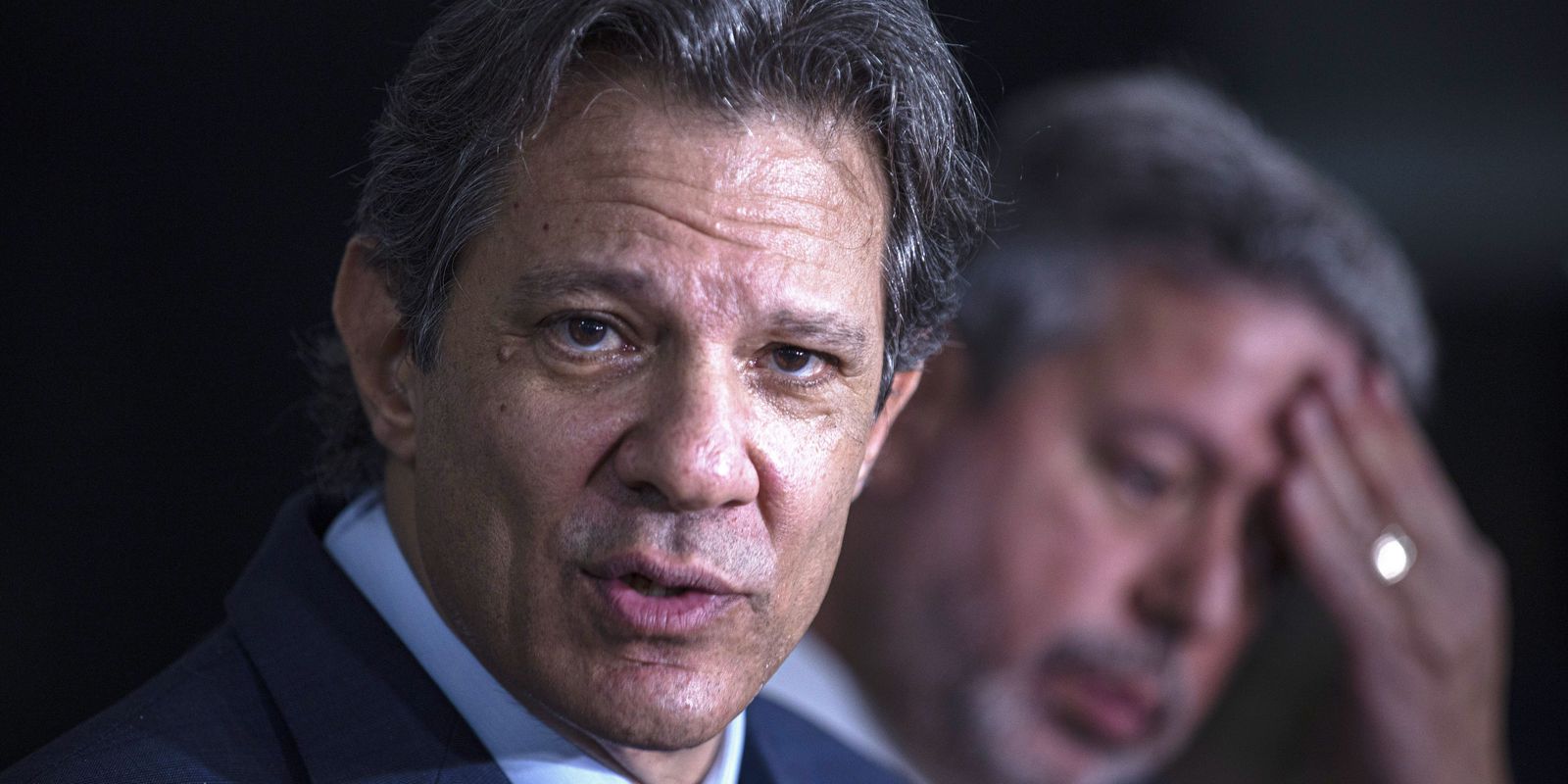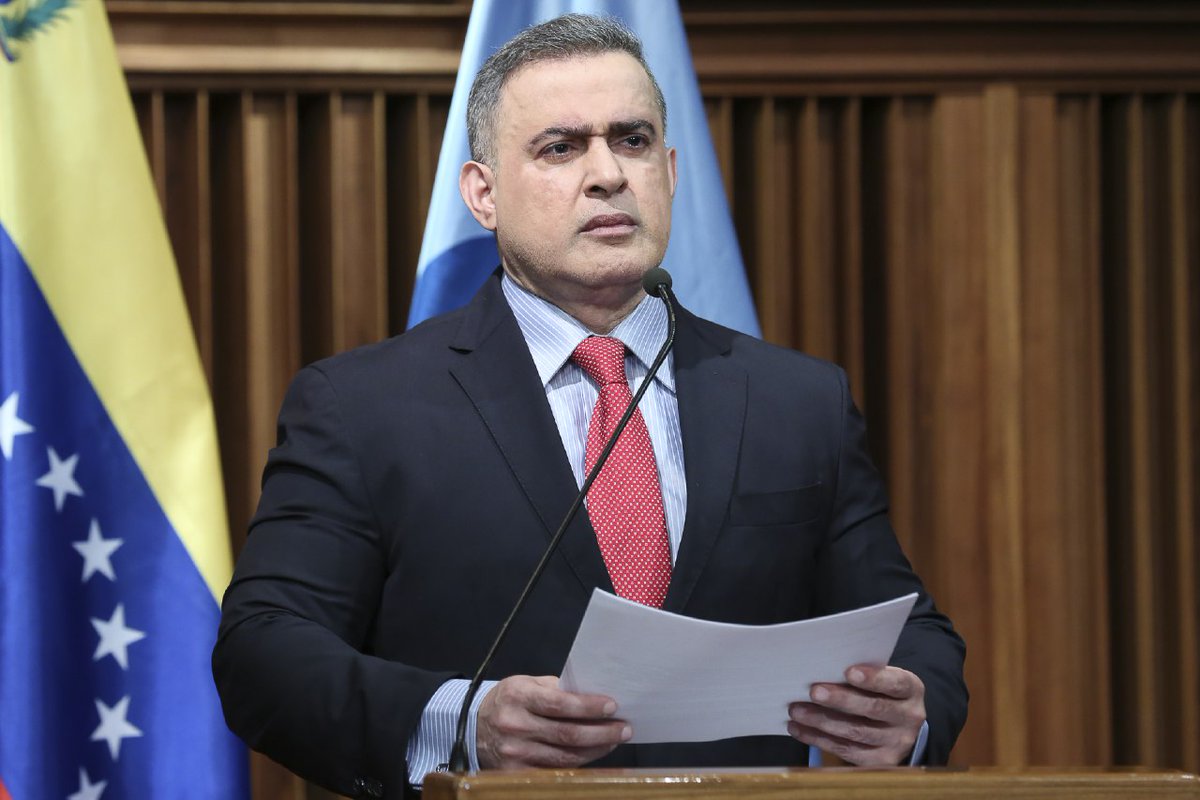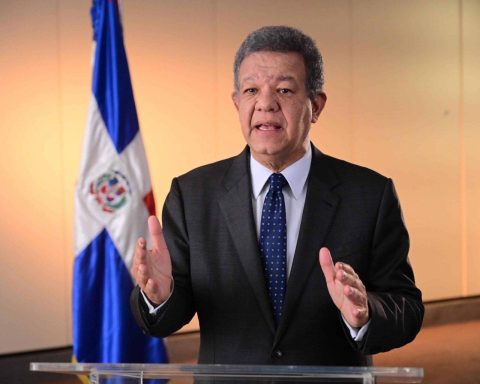The construction of the new fiscal framework that will replace the spending ceiling took place with dialogue and with reason, said this Tuesday (18) the Minister of Finance, Fernando Haddad. He spoke to journalists at the Planalto Palace, after sending the proposal to Congress, and said that the new rules and provisional measures forwarded throughout the year will stop the bleeding in public accounts.
According to the minister, the new fiscal rule will only work if Congress approves the entire agenda of changes proposed by the government. “We are not delivering to the House and Senate just a new liability law [fiscal]. We are working together with the Houses on the provisional measures and bills that are being processed and those that will be forwarded over the next few weeks. These are billionaire accounts that definitely need to be adjusted. Brazil can’t take so much bloodletting anymore. It’s a lot of blood.”
Alongside the president of the Chamber of Deputies, Arthur Lira, the finance minister said he wanted the approval of the new fiscal framework still in the first half. According to Haddad, this would facilitate the preparation of the 2024 Budget, to be sent by the end of August.
“The Chamber has its rite. I have a respectful relationship with the House. I have always made myself available to leaders, including the opposition. As for the issues that some disagree with, it is the democratic game that will settle the score,” said Haddad.
The minister admitted that the supplementary bill, which requires approval by an absolute majority in Congress, will not go through easily. However, he recalled that complex issues, such as the Constitutional Amendment of the Transition, were approved and asked Congress for articulation to also approve the tax reform.
“It’s not easy to vote. The PEC [Proposta de Emenda à Constituição] of the Transition was not easy. The framework has a complex construction, it is a rule change that in my opinion comes to improve public management. We have, in addition to the rule itself, a set of measures to ensure fiscal balance next year. And then the tax reform that comes to guarantee the long-term sustainability of the tax base of the Brazilian State”, he detailed.
Sustainability
In Haddad’s assessment, the new framework, which limits real growth (above inflation) of spending at 70% of real growth of net revenue in 12 months, within a growth range of 0.6% to 2.5% per year, will lead the country towards sustainable growth.
“We have to have a Budget in which expenditure is fixed as a proportion of GDP [Produto Interno Bruto] and have stability over time. We are working with the superior courts, with the Executive itself to guarantee this new stage of the Brazilian economy. With a balanced budget, robust finances, the margin that is already beyond given for the reduction of interest rates, the country will grow again in a socially sustainable and fiscally sustainable way”, highlighted Haddad.
To ensure the goal of zeroing the primary deficit (result of government accounts without public debt interest) in 2024, the government will need to raise R$ 155 billion more next year. As a means of improving the government’s cash flow next year and ensuring compliance with the fiscal framework, the minister defended the revision of part of the fiscal incentives.
“There are almost BRL 600 billion in tax breaks [em que o governo deixa de arrecadar] in the Federal Budget, and Brazil wants to review only a quarter of this waiver to guarantee the country’s fiscal sustainability”, commented the minister.
















